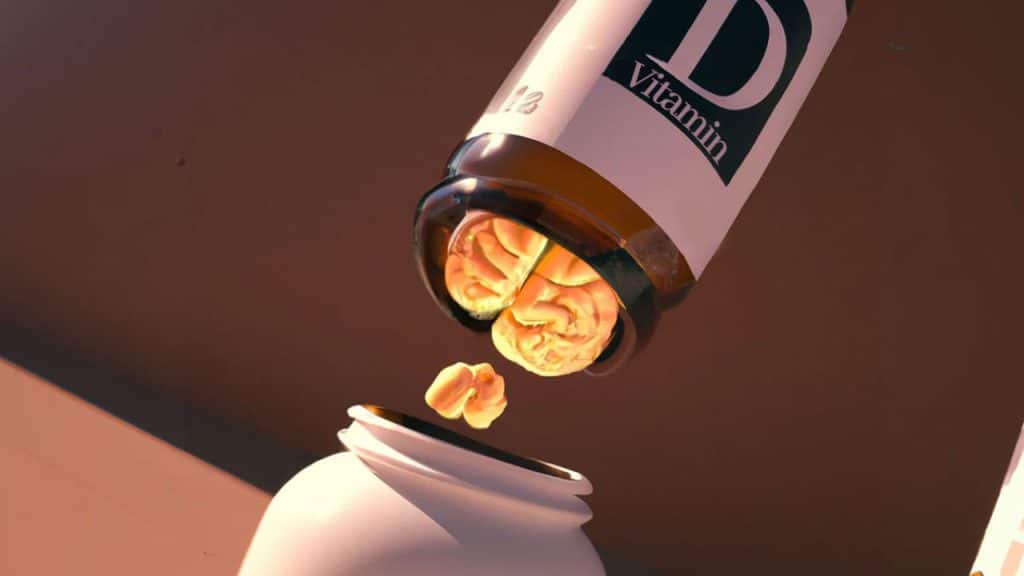You probably know how important vitamins are for maintaining your health. In the case of vitamin D, its most notable role is helping us use calcium. Without it, children may develop rickets and adults can get osteomalacia. But how does this relate to whether we develop dementia?
Most vitamins are found primarily in our diet. There are some foods with relatively high vitamin D levels, particularly oily fish and some mushrooms, but our main source is exposure to sunlight. Not everyone can physically step into the sun on a regular basis, and even if they could, you’d still have to worry about the risk of skin cancer. That’s why some dairy products and cereals are fortified with vitamin D. It’s easy to become deficient.
Then there are vitamin D supplements. People have tried to take these for lots of different reasons, but researchers were particularly interested in how they might impact dementia and Alzheimer’s. Luckily, they had a ready-made group of participants thanks to the US Alzheimer’s Coordinating Center.
The center has more than 12,000 participants, all over 71 and dementia-free at their enrollment. Of these, 4637, or 37%, used vitamin D supplements. This group saw a 40% reduction in dementia diagnoses over time compared to those who didn’t take the supplements. Of the 12,000 original participants, 75% of those who developed dementia had no vitamin D exposure.
Now, this doesn’t mean that taking vitamin D will magically prevent you from developing dementia. Correlation isn’t the same as causation, and there are many other factors affecting your risk level. Indeed, the impact of vitamin D proved to be different depending on whether participants were male or female, whether they experienced a cognitive impairment, or whether they had the APOEe4 gene, which is often associated with Alzheimer’s.
It’s not a coincidence that the researchers decided to look at the impact of vitamin D on Alzheimer’s specifically. They already had evidence that vitamin D affected the brain. In particular, Alzheimer’s has been associated with a buildup in the brain of a substance called amyloid. Vitamin D can help clear amyloid away. Then there’s tau, another protein associated with dementia. Some studies suggest vitamin D can protect the brain from tau.
More trials are needed, but researchers are hopeful that vitamin D may have a role to play in delaying or even outright preventing dementia.




